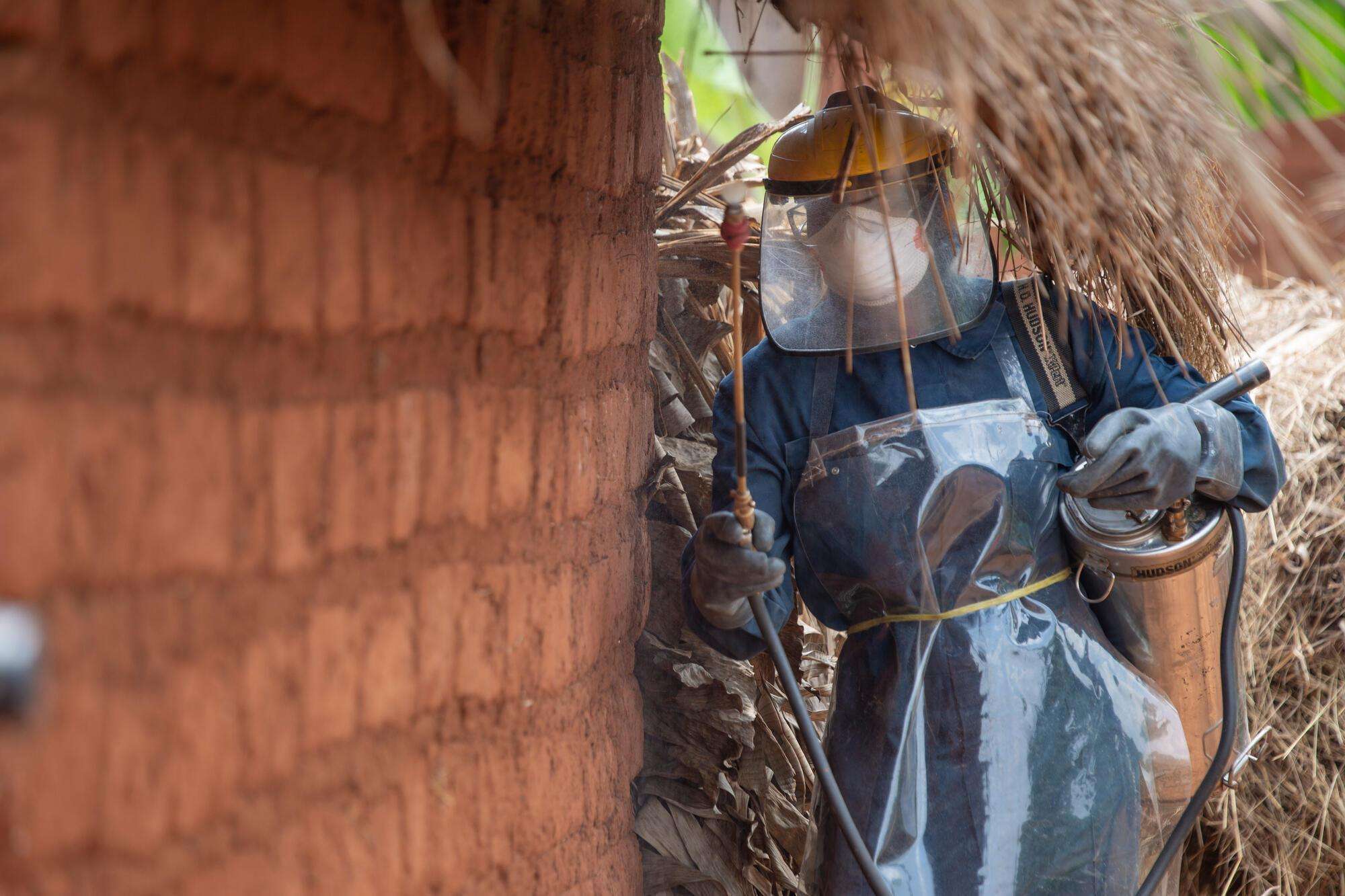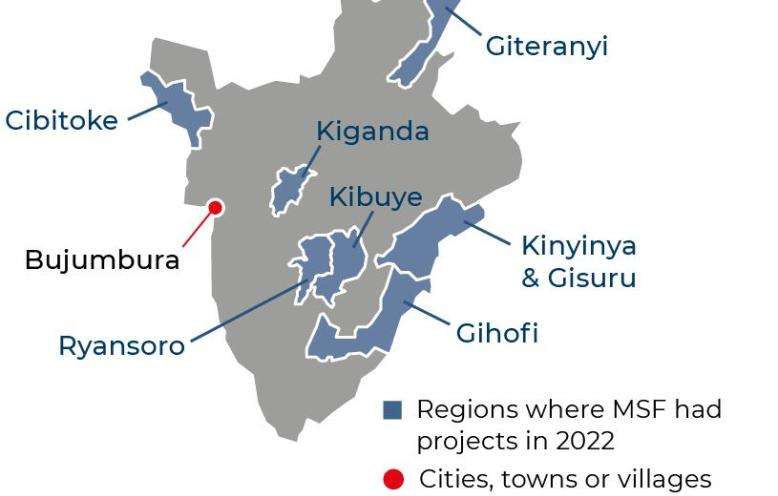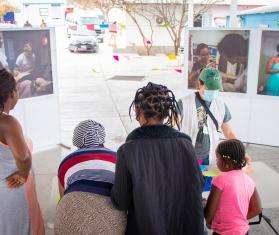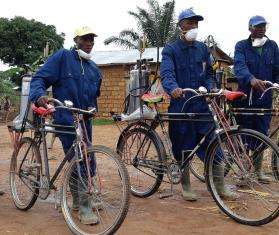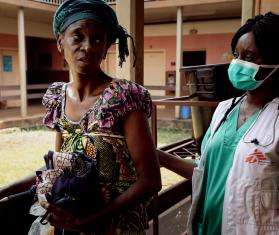In total, we supported the provision of care in two hospitals and 14 health centers in Cibitoke, while also working with a network of around 70 community health workers to manage patients in the community. In December, when Cibitoke was also hit by a cholera outbreak, our teams responded by supporting care at the cholera treatment center in Rugombo.
At the end of April, we closed our detection and care project for patients with lower-limb ulcers in Giteranyi health district, Muyinga province, as the number of cases had significantly reduced. In 2022, we ran an operational research initiative in Kiganda health district, Muramvya province, while working on patient management capacity reinforcement for local medical staff. The research will help authorities and other partners to better understand the causes and transmission mode of this neglected disease.
In April, we also ended our trauma care capacity-building partnership with Bujumbura’s Prince Regent Charles hospital, where we had trained medical staff in the treatment of patients with severe trauma. Beyond this facility, we also supported the city of Bujumbura in bringing together several agencies to reinforce the implementation of mass-casualty plans.
